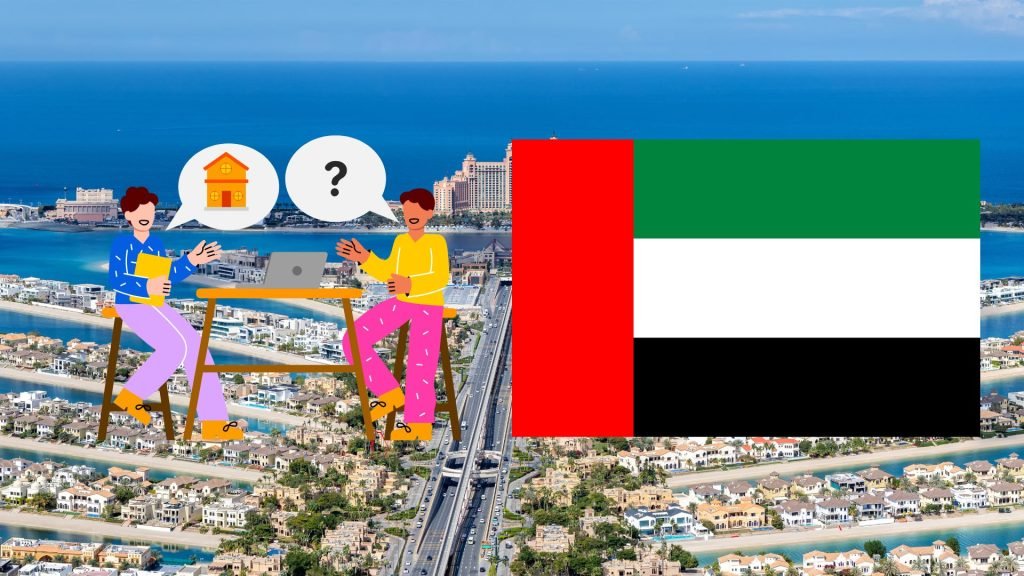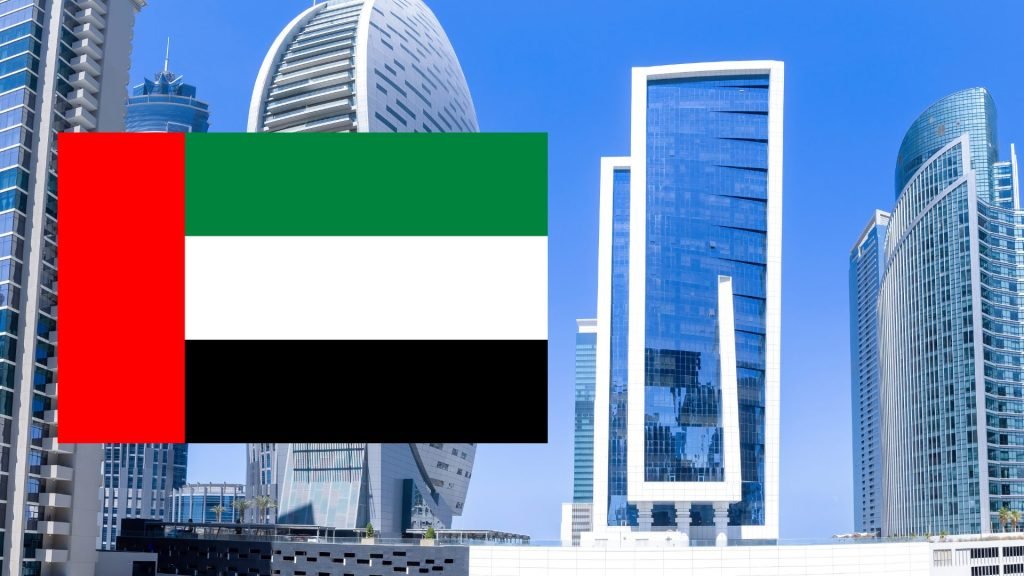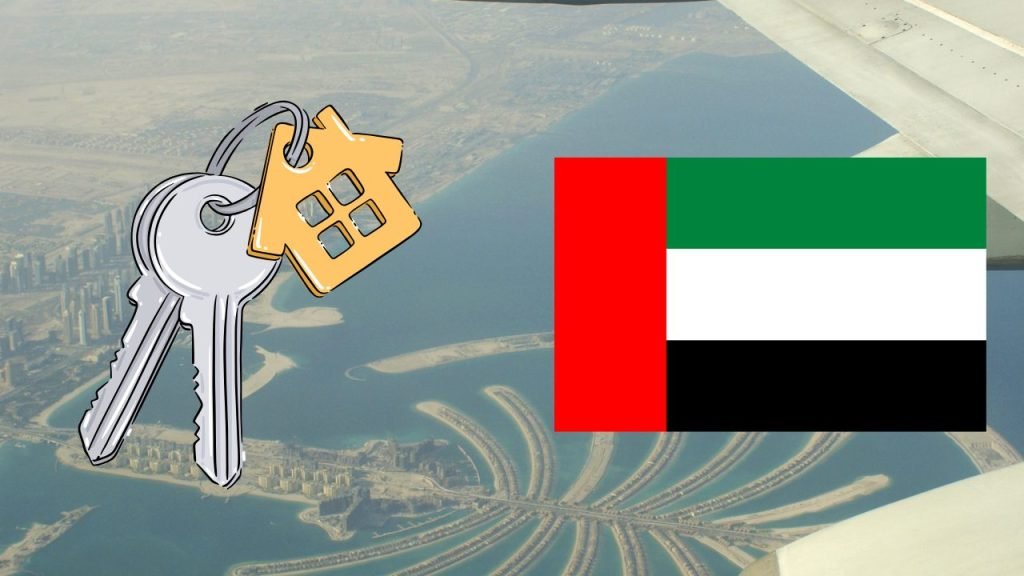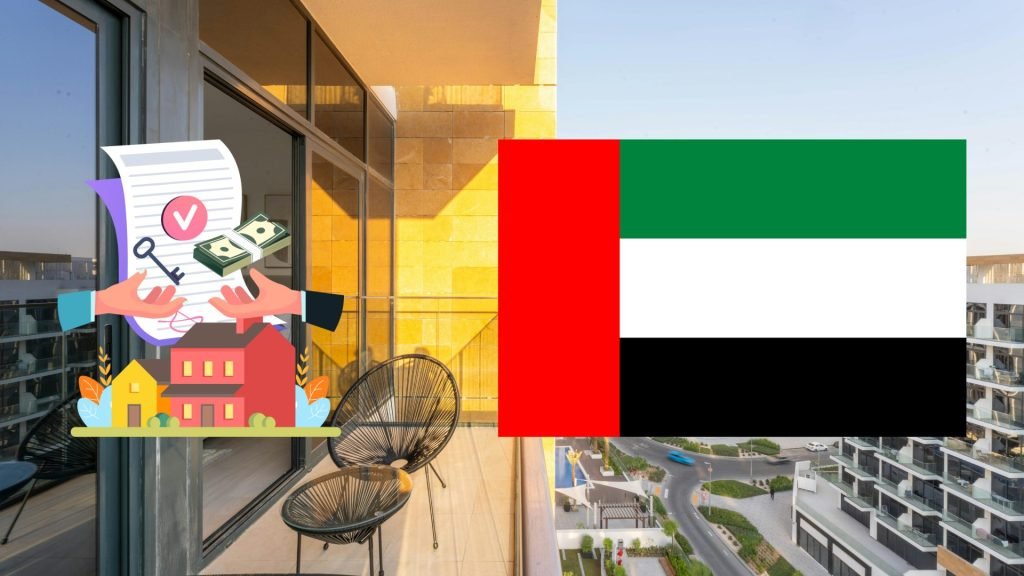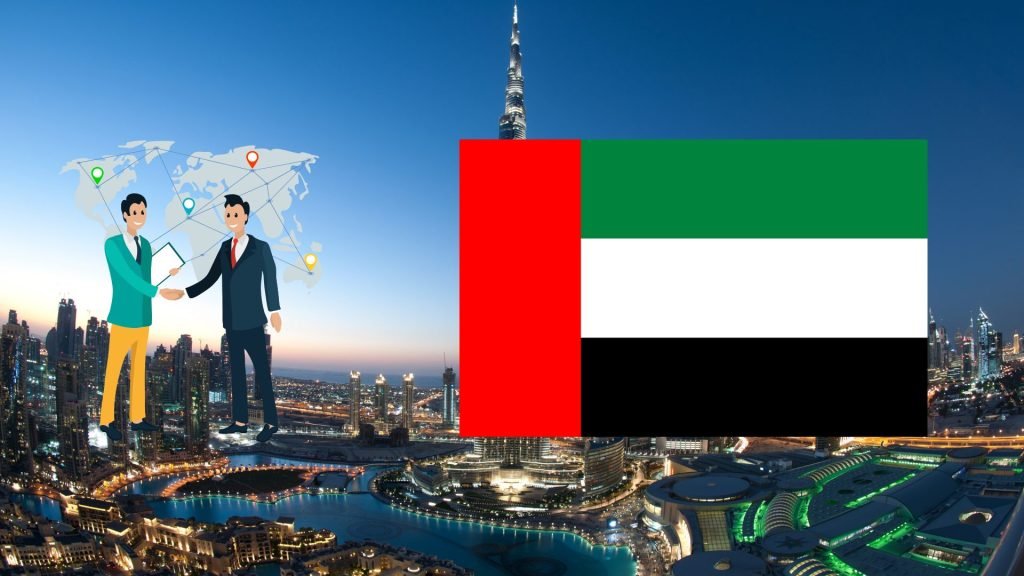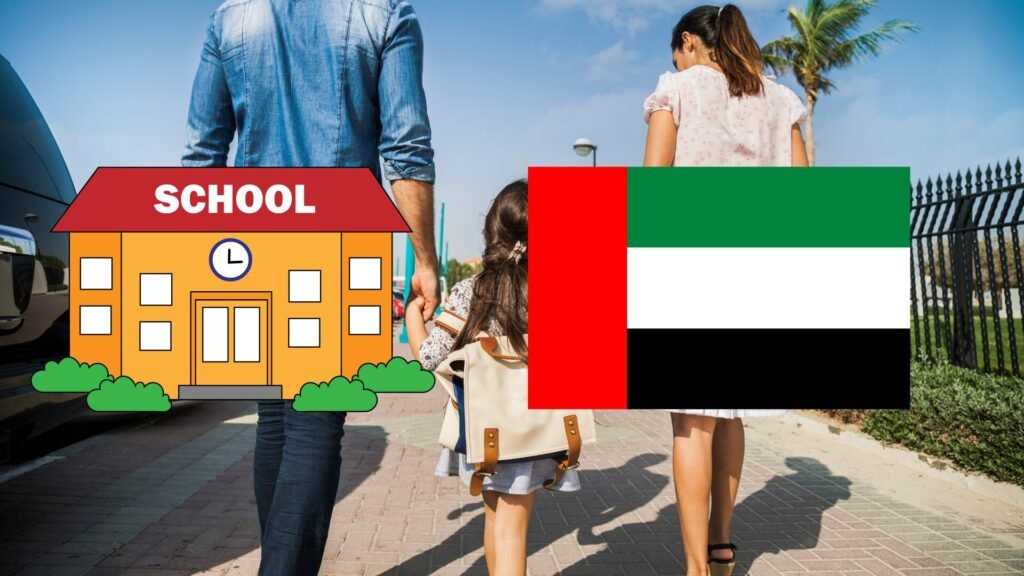Wil je gaan werken in Dubai? Als je gaat emigreren naar Dubai, heb je vaak ook een baan nodig in Dubai. Dubai is een mooie plek om te werken en zijn er veel mooie carrièremogelijkheden. Op deze pagina vertellen wij jou alles wat je moet weten als je wilt gaan werken in Dubai. Dubai’s economie is enorm divers en groeiend, met name gedreven door handel, toerisme, vastgoed en financiële diensten.
Dubai is in high demand. Many people come to Dubai to work and build their careers. As Dubai continues to grow as a city, there are also increasing employment opportunities.
As a result, there are opportunities for work in Dubai across many sectors. The city positions itself as a business hub for the Middle East, meaning companies often have regional headquarters there and attract international talent to Dubai. This has led to a huge number of expats in Dubai who have come to work.

Work Opportunities in Dubai
Want to work in Dubai? If you want to work in Dubai, it’s helpful to consider working in a popular sector. Popular sectors with many job openings in Dubai include IT/technology, financial services, real estate construction, tourism and hospitality (hotels, events), and the healthcare sector.
Logistics (ports, air cargo), education (many international schools and universities), marketing/media, and retail also offer opportunities.
The demand for specialized professionals is high – think software developers, data analysts, online marketers, project managers, engineers, nurses, and teachers.
Some jobs in Dubai are also highly competitive: for example, there’s a lot of competition in administrative jobs or junior positions, as people from all over the world emigrate to Dubai. So while there is a lot of competition in some sectors, you can be richly rewarded if you’re good at your job.
In-demand professions: According to recent overviews, professions in healthcare, IT, hospitality, and education are highly sought after.
With Dubai’s rapid growth, construction managers and real estate agents are also constantly needed, especially now that the real estate market in Dubai is flourishing again. In the financial sector, experienced accountants, auditors, and bankers are in demand, and Dubai is also developing into a hub for fintech and start-ups.
Finding a Job in Dubai
Finding a job in Dubai often requires patience and perseverance. The usual method is to apply through online platforms and via recruiters. This doesn’t differ much from the Netherlands, as the platforms you would use in the Netherlands are often active in Dubai as well. Additionally, there are also a number of platforms that specifically focus on the Middle East.
Furthermore, your network is extremely important if you want to work in Dubai. You need to have just the right people in your network for the best jobs.
Where to Find Work in Dubai?
One of the first steps to finding work in Dubai is knowing where to look. There are many job websites, freelance platforms, and recruitment agencies active in the region. So whether you’re looking for a permanent job, a freelance assignment, or an internship: the following websites will increase your chances in the job market.
Main Job Platforms in Dubai
There are large and specialized job websites that focus on the job market in Dubai and the broader Gulf region. Below is an overview of the most used platforms for finding a job in Dubai:
- LinkedIn – Globally the networking platform, and also very popular in Dubai. Ideal for finding vacancies and building a professional network within your industry.
- GulfTalent – Focused on professionals in the Gulf region, with useful filters for location, sector, and level. Suitable for those aiming for a career move within the Middle East.
- NaukriGulf – A large job platform within the UAE. You’ll find vacancies here in various sectors, from entry-level to senior positions.
- Indeed.ae – The local version of the international Indeed platform. Hundreds of new vacancies in Dubai appear here daily.
- Bayt.com – One of the largest job platforms in the Middle East, founded in Dubai. Active in various sectors and countries.
- Khaleej Times Jobs – The job platform of one of Dubai’s most well-known newspapers. Offers new job vacancies daily in various sectors.
- Laimoon – Combines job vacancies with courses and freelance assignments. Ideal for those focusing on flexibility and personal development.
- Wzayef.com – Focused on the Arabic-speaking world, with jobs in the United Arab Emirates among other places.
- DubaiJobs.net – Specialized in job vacancies in Dubai. Offers a wide range of positions in both technical and commercial sectors.
Freelance Platforms in Dubai
Are you an independent professional or do you want to do freelance assignments alongside your permanent job? There are suitable platforms for that too:
- Ureed – A platform that connects companies with freelancers, focusing on translations, creative work, design, and other project-based assignments.
- The Talentpoint – Connects talents with employers within the UAE. You can find permanent positions and freelance work here.
Large Recruitment Agencies in Dubai
In addition to job platforms, traditional temp and recruitment agencies also play a major role in Dubai. These offices often offer personal guidance in finding a job that really suits you. Large recruitment agencies in Dubai are:
- Charterhouse – Focused on professional roles, with expertise in finance, HR, sales, and engineering.
- Guildhall Agency – Specialist in executive search and recruitment in various sectors.
- Adecco – A global recruitment agency with a large market share in Dubai as well.
- BAC Middle East – One of the oldest and most reliable recruitment agencies in the region.
Networking in Dubai
Networking in Dubai is very important if you want to work in Dubai and get a good job. This is because many jobs are filled through personal connections. With LinkedIn connections or introductions during an event, you can get your foot in the door.

Orientation Trip
If you want to work, it’s also a good idea to go on an orientation trip. You can come to Dubai on a tourist visa to have conversations and explore the job market. Many expats who want to work in Dubai do this; formal applications can also be made remotely, but being on-site sometimes gives you an edge and allows you to interact more quickly with potential employers.
Duration of Recruitment
It can take a while to hear back after applying for a job in Dubai, sometimes a month or longer. Large companies and government-related organizations (e.g., Emirates Airline, Dubai Holding) often have relatively slow procedures, as these are larger companies with often lower tiers.
So be proactive and apply broadly. Initial interviews in job applications often take place via video call if you’re still abroad, or face-to-face if you’re already in Dubai.
Prepare for questions about why you want to come to Dubai and if you’re familiar with the culture here. If you want to work in Dubai, you’ll need a work visa first. You’re not allowed to work in Dubai on a tourist visa. When you have a job in Dubai, your employer will arrange this for you.

Average Salary in Dubai
The average salary in Dubai varies depending on the employer and sector. According to data from DAMAC Properties, the average salary in Dubai is about 15,700 AED per month, which amounts to 190,000 AED per year. Another source, Average Salary Survey, mentions an average salary of 313,710 AED per year.
These differences may be due to the variation in sectors, functions, and experience levels studied. Therefore, when considering working in Dubai, it’s wise to look specifically at salaries within your own field. For example, there will be a significant difference in the average salary in Dubai in finance compared to healthcare.
Work Culture and Conditions in Dubai
About 90% of the residents in Dubai are expats. As a result, the work environment in Dubai is generally English-speaking and very diverse – you can have colleagues from all corners of the world.
Workdays in Dubai
The business climate is ambitious and sometimes intense; working overtime is not uncommon, especially in sectors like consultancy or hospitality.
What are the working days in Dubai? The standard work week is officially Monday to Friday (since 2022, most companies follow the Western work week), but some private companies still maintain a Friday-Saturday weekend and thus a Sunday to Thursday work week. This naturally varies depending on where you will be working in Dubai. Inquire about this with your employer.
Working in Dubai during Ramadan
Dubai is an Islamic city. Do you have to work during Ramadan in Dubai? During the holy month of Ramadan, shortened working hours apply (2 hours less per day mandatory, for all employees, including non-Muslims), and eating or drinking in public during the day is not allowed out of respect.
Contract duration in Dubai
Contracts for expats are often for a fixed term (e.g., 2 or 3 years, with the possibility of extension) and include an end-of-year bonus instead of a pension. Recently, a mandatory unemployment insurance has been introduced that employees must take out (limited amount per month), so that you receive benefits for a few months in case of dismissal – this is a new development to improve job security.
Employment conditions
Make sure all employment conditions are clear before you sign: ask about housing budget, health insurance for family, possible education allowance for children, annual flight tickets home, bonus scheme, etc. These types of expat benefits can make a significant difference in what you ultimately have to spend.
Tip: Check if your industry has specific free zones in Dubai. There are many free zones (such as Dubai Internet City for tech, DIFC for finance, Dubai Healthcare City for healthcare, etc.) where slightly different labor rules apply and where many companies in that industry are located. Applying there increases your chances of finding like-minded people within your field.
And finally: don’t be discouraged if it doesn’t work out immediately. It might be wise to initially accept a slightly lower position to gain a foothold, and once there, you can more easily progress to your dream job in Dubai. Pay attention, however, that your employer arranges your visa, so you always need to have a new job before leaving your old one.

Working in Dubai video
Interesting video to watch about ‘how to find a job in Dubai’ if you’re planning to work in Dubai.
The correct expression is ‘working in Dubai’. In Dutch, we use ‘in’ for cities and countries, for example ‘working in Amsterdam’ or ‘working in France’. ‘On’ is used for islands, such as ‘working on Texel’. Since Dubai is a city, we say ‘working in Dubai’.
